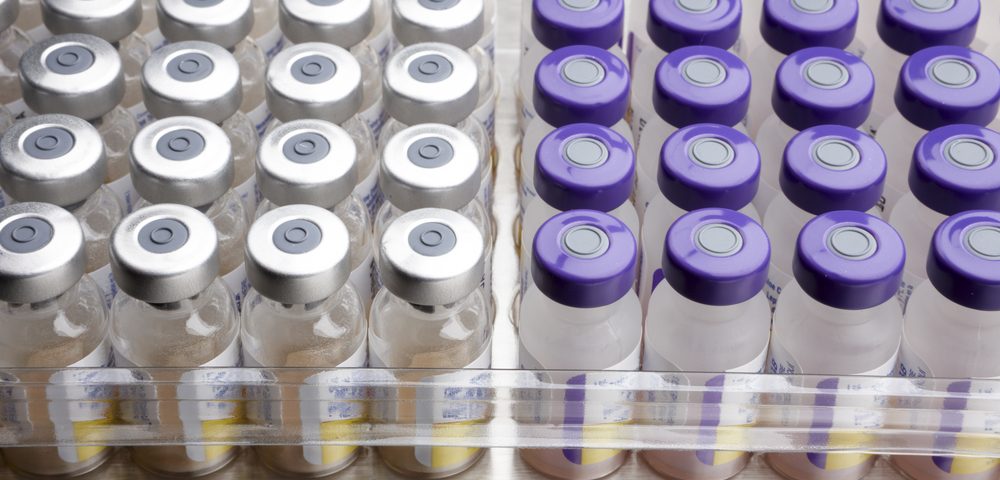Alexo Therapeutics has started treating patients in the combination part of its Phase 1 trial, which will test multiple combinations of ALX148 with targeted antibody therapies — including Keytruda (pembrolizumab), Herceptin (trastuzumab), and Rituxan (rituximab) — in advanced solid tumors and non-Hodgkin’s lymphoma.
This follows the completion of the trial’s Part 1, where an optimal dose of ALX148 was identified. This part treated 25 patients with ascending doses of ALX148 alone.
Results from Part 1 of the Phase 1 trial were presented in the poster, “A Phase 1 Study of ALX148, a CD47 Blocker, Alone and in Combination with Established Anti-Cancer Antibodies in Patients with Advanced Malignancy and Non-Hodgkin Lymphoma,” at the 2018 American Society of Clinical Oncology (ASCO) Annual Meeting, June 1-5 in Chicago.
ALX148 is an engineered antibody that targets and blocks the surface protein CD47 in cancer cells. This molecule is used by cancer cells to evade immune surveillance by certain immune cells. Blocking it is thought to facilitate tumor elimination.
Because ALX148 activates multiple cell types, including those from the innate and adaptive immune system, researchers believe it could provide a broader anti-cancer immune response if combined with other targeted therapies.
In mice, a combination of ALX148 and immune checkpoint inhibitors targeting PD-1 and PD-L1 led to a decreased tumor size, which significantly extended survival.
Of note, the treatment had minor effects on normal blood cells producing the CD47 protein, and is expected to have fewer treatment-related toxicities compared to other CD47 targeting agents.
The Phase 1 trial (NCT03013218) was designed to evaluate the safety and effectiveness of ALX148, alone and in combination with approved targeted therapies, in patients with advanced or metastatic solid cancers and non-Hodgkin’s lymphoma.
In Part 1, patients received ascending doses of ALX148 — from 0.3 mg per kg body weight every week to 30 mg/kg every other week.
Early efficacy data revealed that four patients had their disease stabilized by the treatment, including one lung cancer patient who experienced a 15 percent reduction in his tumor.
Among the 25 patients included, 22 experienced an adverse effect. Most were mild to moderate in severity, including dizziness, fatigue, headache, and rash, but two patients experienced severe low platelet levels and one patient died during the trial. The cause is still under investigation.
ALX148 fully blocked CD47’s activity at 3 mg/kg or higher doses, but was only stable in the bloodstream at weekly doses of 10 mg/kg or higher.
This led the investigators to selected weekly 10 mg/kg for additional testing in Part 2 of the trial, which will assess the activity of ALX148 in combination with approved therapies.
So far, five patients have been treated in Part 2. Among them, three received Keytruda, one received Herceptin, and the other was given Rituxan.
“The initiation of ALX148 combination cohorts marks the next important milestone in Alexo’s development,” Sophia Randolph, an MD and PhD, chief medical officer of Alexo Therapeutics, said in a press release.
“With broad therapeutic potential across many types of cancer, we are eager to now be evaluating ALX148 in combination with select anti-cancer therapeutic antibodies,” she added.


